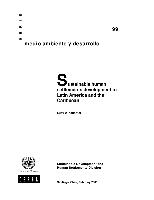Land property, tenure security and credit access: a historical perspective of change processes in China
The North China Plain is the country's granary: most of wheat and maize is supplied by this region in the northeast of China. Intensity of agricultural production has risen sharply in the last decades and the negative environmental effects like water scarcity, salinization and nitrate contamination have been widely acknowledged.







